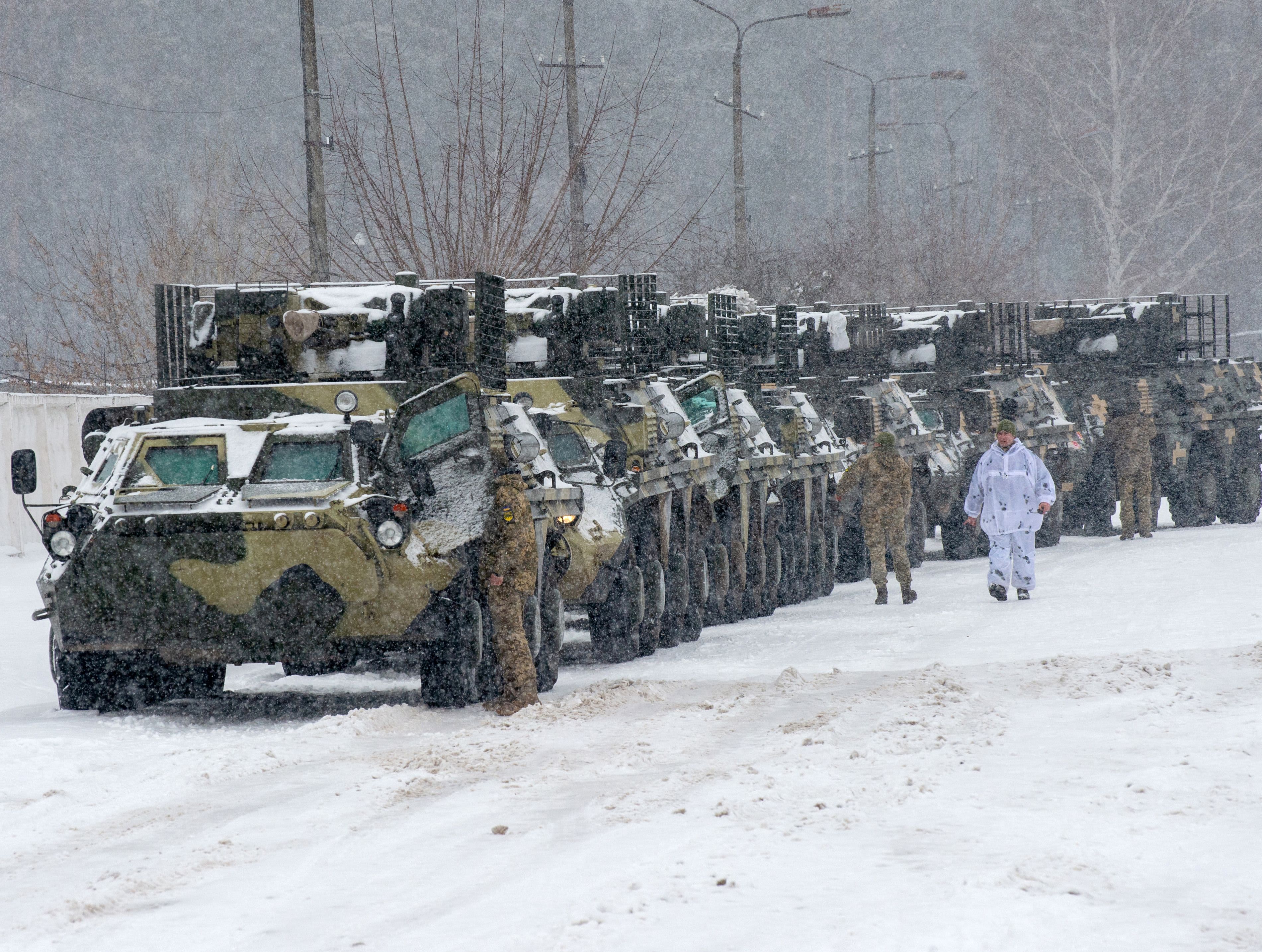As Russia invades Ukraine it is forecasted that the global light-vehicle sales will be cut by 400,000 units, with total predicted sales as 84.4 million units. As the prices of oil and aluminum are increasing, this is expected to impact many industries all over the world for this year. Russia is one of the key suppliers in the world for metals used in automobiles- like Nickel and Palladium. Foreign auto manufacturers like Stellantis, Volkswagen, and Toyota have manufacturing plants located in the country.

Furthermore, it is also to be noted that automakers within the country will possibly be facing challenges. At least a quarter of parts used in Russian-made vehicles are being imported from the US. Assembly plants could have trouble with their operations as sanctions are in place according to industry officials and analysts.
So far it has been unclear about whether it will be challenging. Because if Russian President Vladamir Putin were to retaliate against the West by cutting off palladium supplies, “automakers would have to find alternative supplies or they wouldn’t be able to build vehicles with internal combustion engines,” said Sam Abuelsamid, principal auto analyst for Guidehouse Insights, a research firm. Russia is the world’s third-largest supplier of nickel used in lithium-ion batteries. Russia provides around 40% of palladium used in catalytic converters used in ICE vehicles.
Alternatives
While other countries like South Africa and Zimbabwe also produce Palladium. However, the price of rare metals has been increasing recently due to an increase in demand. Last year in December palladium was at $1,600 an ounce. In recent times, on Wednesday it was at $2,400 an ounce. Such drastic price change adds up to $150 for regular vehicles and $200 for SUVs or other premium range vehicles.
Ultimately it brings down to automakers choosing to swallow the added cost or increase the price of the vehicle. Last year itself the prices of vehicles have been rising due to semiconductor chip shortage and other supply chain issues. If nickel supplies are constrained that could slow the production of the batteries used in electric vehicles. It delivers a blow to a major initiative in the US by the Biden administration — to have electric vehicles account for up to half of all new autos by 2030.
There are additional sources of nickel — Indonesia and the Philippines are the two largest — but demand and prices have been growing and automakers could face the same challenges as with palladium, according to Abuelsamid.
As the current crisis began, Stellantis had been increasing production of vans and other vehicles at a plant outside of Moscow, for export to the West. It was also planning to start exporting transmissions. But CEO Carlos Tavares said his company may have to rethink that strategy. “If we cannot supply the plant if that is the reality, we have either to transfer that production to other plants, or just limit ourselves,” Tavares said during an earnings call Wednesday.












